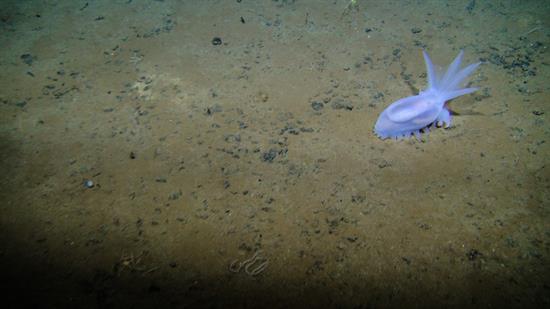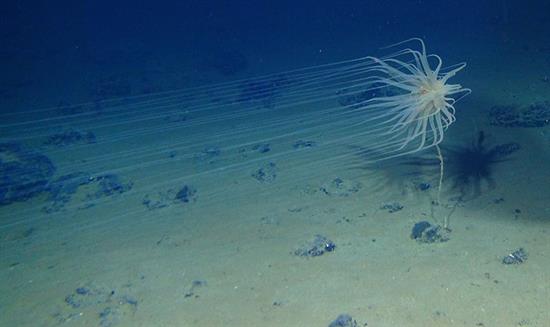(Honolulu, HI) – U.S. Representative Ed Case (Hawai‘i– First District) in a letter today urged President Donald Trump to reconsider his decision to allow for seabed mining in U.S. and international waters, saying the decision “recklessly prioritizes short-term economic gain over the current and long-term health of our oceans, ignoring the profound and potentially irreversible damage it could cause not just to fragile marine ecosystems but to all of our other ecosystems which are intertwined with our oceans.”
Case’s letter came the day after the President issued his executive order opening up unregulated mining, saying the nation “must take immediate action to accelerate the responsible development of seabed mineral resources” both within and beyond national jurisdiction.
In his letter, Case said fast-tracking seabed mining “is an unwise gamble with our planet’s future, and it is imperative that we fully understand the implications of such actions before moving forward.”
Case’s letter was joined by U.S. Rep. Jared Huffman (CA-2), the Ranking Member of the House Natural Resources Committee, his Hawai‘i colleague Rep. Jill Tokuda (HI-2), and Reps. Suzanne Bonamici (OR-1), Chellie Pingree (ME-1), and Eleanor Holmes Norton (DC).
Case further stated:
“The deep ocean represents an irreplaceable frontier, playing a critical role in carbon sequestration, sustaining marine biodiversity and supporting climate stability. Fast-tracking permits for seabed mining threatens to destroy these fragile ecosystems through highly destructive practices that could decimate habitats, contaminate food chains and disrupt vital carbon processes.
“While the full impacts of deep-sea mining remain uncertain, the risks we do understand are alarming. The potential damage far outweighs any anticipated benefits. Furthermore, coastal and Indigenous communities—many of whom are already disproportionately affected by climate change—will bear the heaviest consequences of this policy.
“This is a profoundly misguided step. At a time when the world is watching how we lead, the United States should be setting a standard for responsible ocean stewardship, not racing to exploit unproven resources. We must choose protection over economic expediency and uphold our responsibility to safeguard the deep ocean, not only for ourselves, but for the generations that will follow.
“To that end, earlier this Congress I introduced the American Seabed Protection Act and the International Seabed Protection Act, two critical bills that would halt new seabed mining permits in U.S. waters and advocate for a global moratorium on international seabed mining. These pieces of legislation are rooted in science and caution, ensuring that environmental protections come first while we work to fully understand the ecological impacts of deep-sea extraction.”
When Case introduced his measures, he referred to an area most sought after by the industry for immediate unregulated mining: the Clarion-Clipperton Zone.
This Zone is an abyssal plain as wide as the continental United States punctuated by seamounts which extends to just hundreds of miles southeast of Hawai‘i Island. Yet little if anything material is known about the marine ecosystem of this area or its connection to Hawaii’s own unique marine and related ecosystem.
Attachments:
· Letter to President Trump is here
· Picture of Sea cucumber Amperima sp. on the seabed in the eastern Clarion-Clipperton Fracture Zone. Image courtesy of Craig Smith and Diva Amon, ABYSSLINE Project.
· Picture of Relicanthus sp a new species from a new order of Cnidaria collected at 4,100 meters in the Clarion-Clipperton Fracture Zone (CCZ) that lives on sponge stalks attached to nodules. Image courtesy of Craig Smith and Diva Amon, ABYSSLINE Project.
· Information on Case’s bills is here
· Case’s remarks in the Congressional Record on introduction of his bills is here
###


